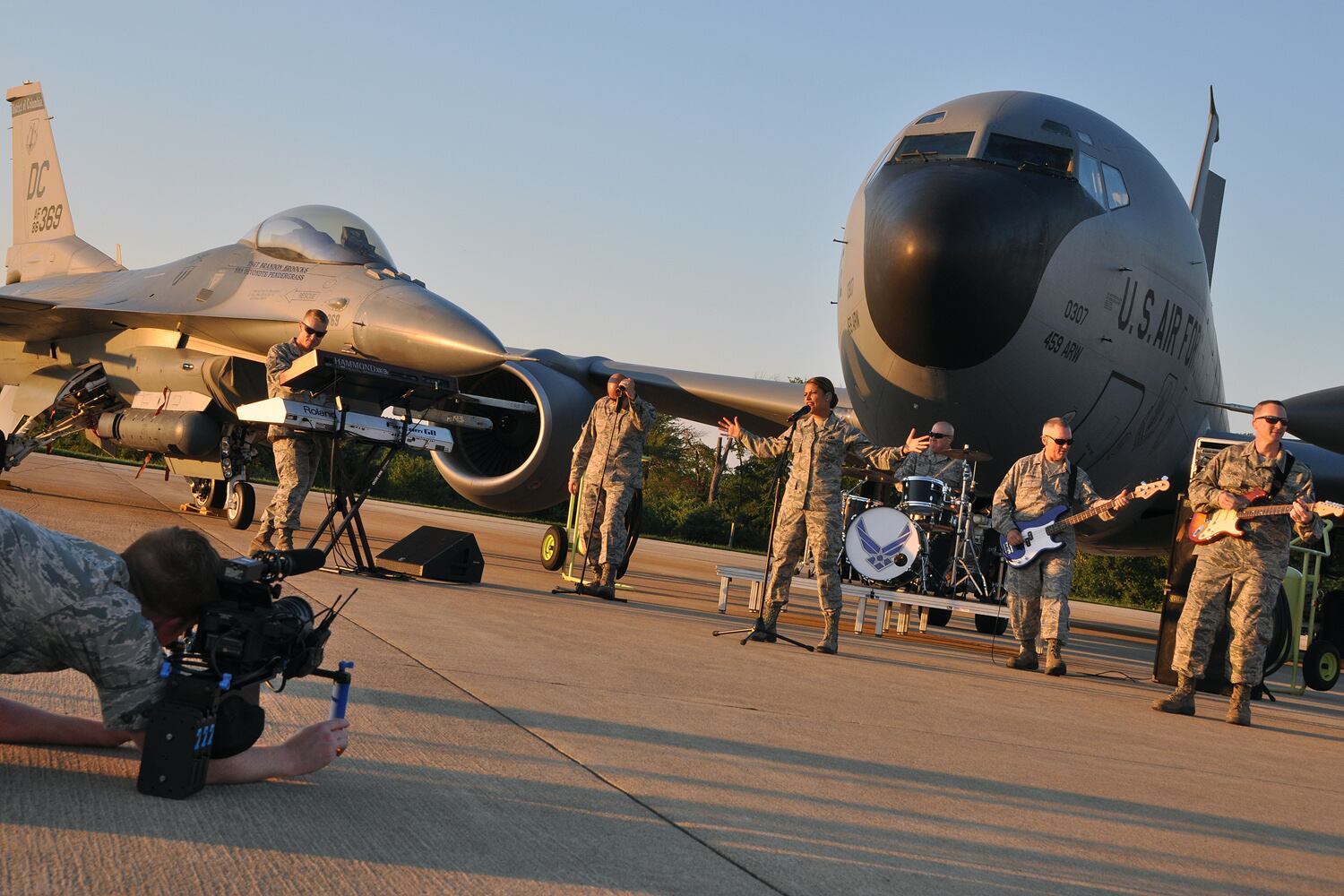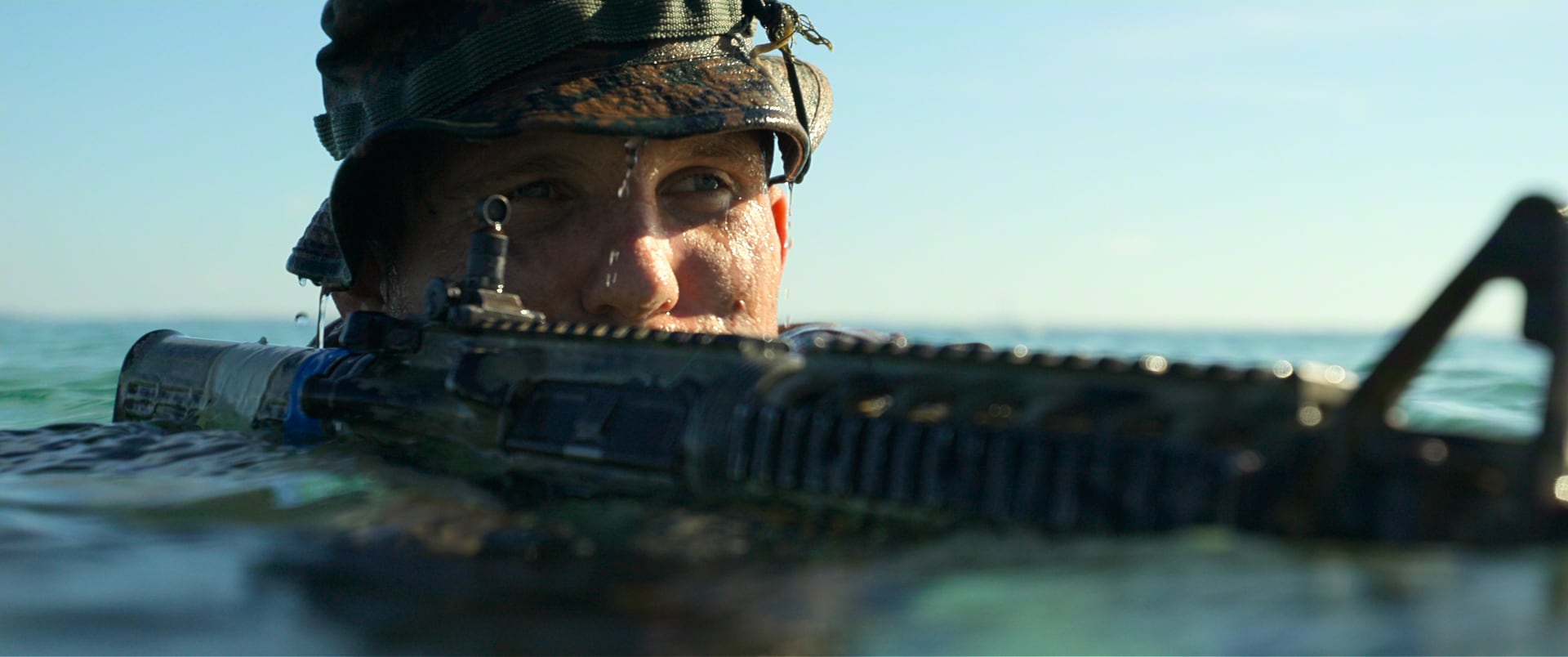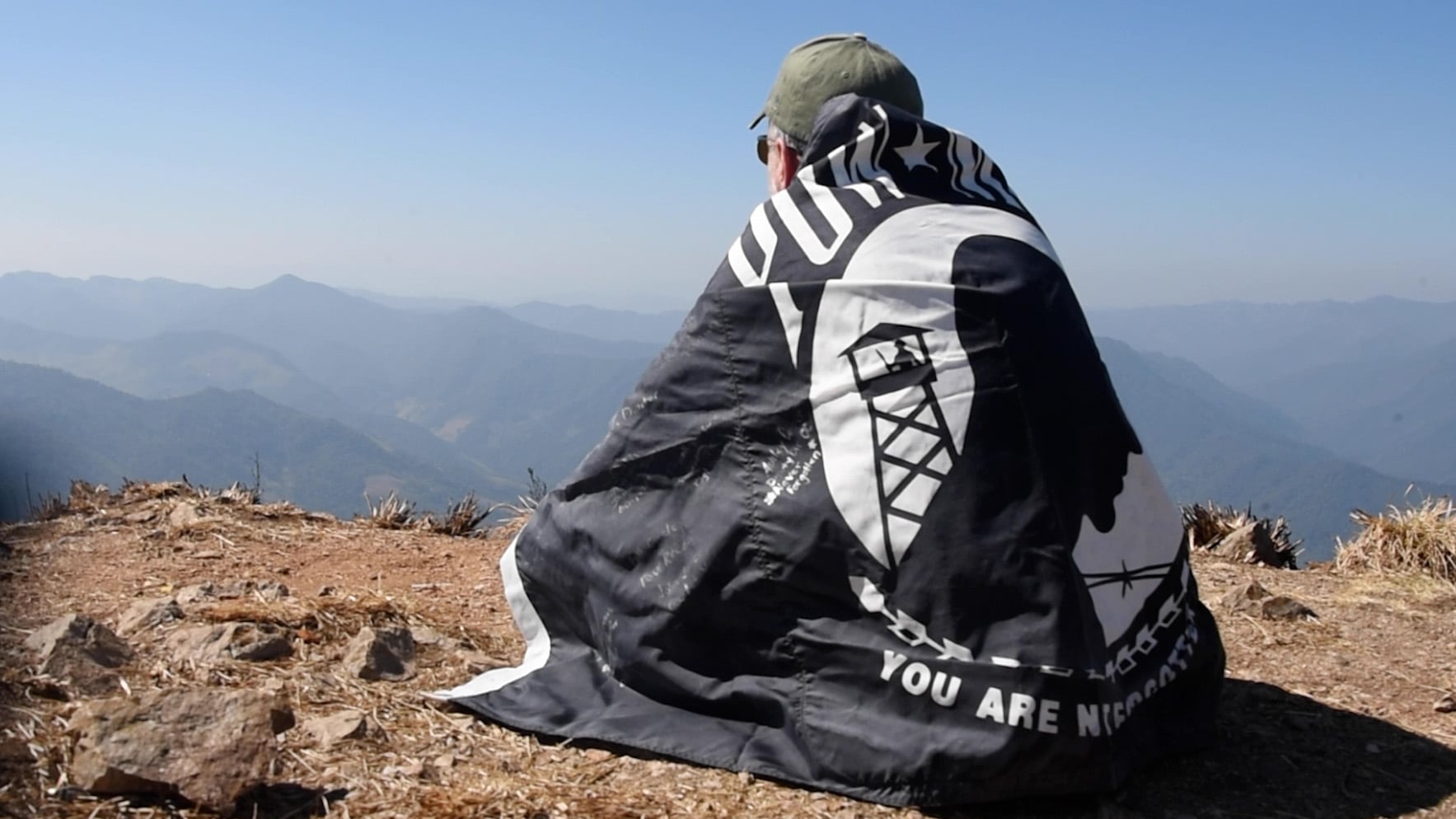When Congresswoman Martha McSally told Air Force leaders in March that she would rather see members of service bands on the flightline than the stage — where, she said, they're needed more — reactions were mixed.
Readers of Air Force Times noted the mMilitary bands have been part of service tradition for more than 70 years, Air Force Times readers noted, while acknowledging that but understood budget cuts are affecting all areas of the Defense Department. Last week, the Arizona Republican pushed forward, introducing a plan that would limit all military ensemble performances at social functions outside official military duties.
"For every dollar that is spent on our bands to entertain at social functions, that's a dollar we're not spending on national security and our troops and families," said McSally, a retired Air Force colonel.
"This is not an attack on the arts," she continued. "I'm a vocalist myself. I care deeply about the arts. ... While our communities certainly do enjoy being entertained by our military bands, they would prefer to be protected by our military."
But members of the Air Force rock-band Max Impact say they perform an important function, as the music they bring to the stage is helping service members break through barriers, boost morale and look out for one another.
"The military loves mottos and slogans and motivational words to pump you up, and you can't go anywhere without seeing 'People first, mission always,' " said Senior Master Sgt. Ryan Carson, lead vocalist and NCO in charge of Max Impact. "And that's a hard pill for some to swallow because the mission's hard, but we're the people piece of that. Without the people, the mission wouldn't get done," he said.
For Max Impact, formed in 2005, it’s about the connection they make with their audience. The band members say they have created relationships at every embassy, school and concert venue at which they've played during their toursthey’ve toured through. More importantly, other cultures around the world have been able to experience the U.S. military's values.
"The AFCENT band plays a critical role in developing relationships and building connections between our airmen, our mission, the United States, and the regional population," Lt. Gen. Charles Brown, U.S. Air Forces Central commander, who is overseeing the air war against the Islamic State, told Air Force Times.
"Through the common language of music, the band helps to solidify with our regional partners an impression of our military and the U.S. beyond just the kinetic," he said in a statement.
Now touring the region on a 90-day deployment, Max Impact has visited troops and embassies in Egypt, Jordan, Kuwait, Qatar and Afghanistan. They'll soon be in the United Arab Emirates.
"The band is integrated, whether it's Department of State-level functions or what [the generals] are doing out here, it's amazing," said Lt. Col. Chris Karns, spokesman for U.S. Air Forces Central Command. "When you look at what the band provides in terms of value, you've heard people say it's really pennies on the dollar. And when you consider the impact … the band has the capacity to bridge cultures, reduce barriers and create unifying effects."
Senior Master Sergeant Matthew Ascione, guitarist and co-writer on many original songs for the band, said joining Max Impact gave him the opportunity to "serve my country and use that power and influence of music to further the goals of the Air Force. ... I make sure it gives me that emotional movement, because I know that if it moves me, it may move other people."
Undoubtedly, they can also put on a pretty loud, technically advanced rock show if they want, with their monitors, microphones, LED lights, a full drum set, two full keyboards and the ability to lay in tracks from iTunes. Ascione can play hard-bodied Fender Stratocasters and has a carbon-fiber acoustic guitar, given the hot locations they play (their Middle East tours tend to be more light and lean).
All the service branches have bands and rock bands, Karns said. But the members of Max Impact want to focus on "further[ing] the goals of the Air Force, and we do that through the power of music. We’re not just musicians, we are airmen," Ascione said.
The band, stationed at Joint Base Anacostia-Bolling in Washington, D.C., practices at least twice a day for 2.5 hours per session when they are not on a mission. In a deployed environment, they work six days a week, sometimes seven, Karns said.
"They joined the Air Force to be airmen first," he added, "and to help tell the Air Force story and share the values that bonds us together."
Airmen who even come in all shapes, sizes — and talents.
Tech.Sgt. Nalani Quintello, a vocalist who is the newest and youngest member of Max Impact, withdrew from the televised reality competition "American Idol" to join the Air Force in 2015.
"This is much more rewarding than anything I've been able to experience," said the 21-year-old Quintello. "I've met so many people that I never would have been able to meet ... it's much more than a normal, civilian gig."
Max Impact's favorite original song is "American Airman" because it speaks to the Air Force culture and who they are as airmen. Carson, in the Air Force bands program for 13 years, hopes the impact from their songs and their stories reinforces the culture..
On a 2009 tour, the band visited a forward operating base in Afghanistan. No fog machines, or lights. Nothing that screamed "rock band."
Carson, accompanied by acoustic guitar, was singing "Home" by Daughtry. After the song wrapped, he saw a soldier wearing Army special forces insignia coming toward him. "Somehow, I offended this Green Beret with my performance," he thought. Instead, the Army operator said, "You saved my life." The soldier told Carson that after 15 months of deployment, and with an extension on the way, he couldn't do it anymore. Suicide, to him, had become an option. "But then you made me think of my wife and kids at home," he told Carson. "It made me think, this has an end, and we can make it through it."
Carson was shocked. "Here's the quintessential badass, and he's completely human," he said.
"I didn't save his life, but because of the music, the memory, it took him off of that FOB, took him back home back with his family and encouraged him to know that's what life is back there."
Carson, who kept in touch with the soldier for a while, said the soldier gave him his insignia patch as a thank you. It sits on his desk as a reminder that the band may be obsolete to some, but to others, it's a lifeline.
Oriana Pawlyk covers deployments, cyber, Guard/Reserve, uniforms, physical training, crime and operations in the Middle East, Europe and Pacific for Air Force Times. She was the Early Bird Brief editor in 2015. Email her at opawlyk@airforcetimes.com.





